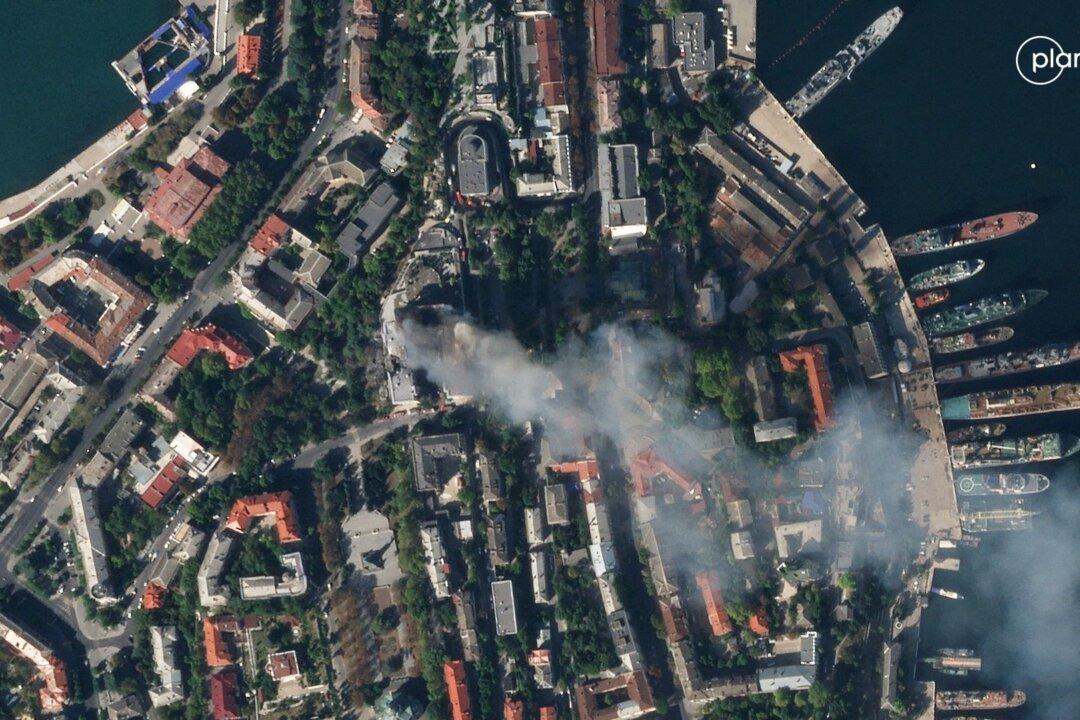Russia’s foreign ministry summoned the U.S. ambassador on June 24 to convey Moscow’s belief that the United States has become a de facto party to the conflict in Ukraine.
The move came two days after a missile attack on the Crimean city of Sevastopol—carried out with U.S.-supplied ATACMS (Army Tactical Missile Systems) missiles—that killed four Russian civilians.





